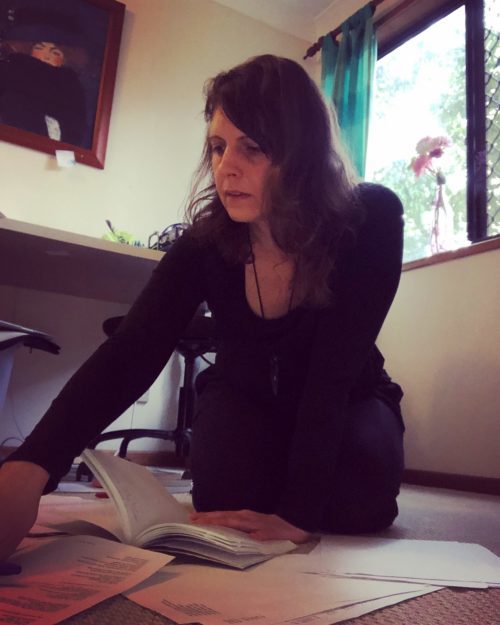
The deliberate typo in PASSAGE unveiled. Is it worth taking a creative risk in web 2.0 era?
I recently watched a lecture on how the book review culture has dramatically shifted since Web 2.0. The general public have been granted access to write and publish book reviews, which, like anything in life, has both positive and negative ramifications. The positive being that readers can get closer to the Authors they love by giving them high praise via glowing reviews. The negative being that a Romance Reader can slate Literary Fiction for no other reason than she dislikes the genre. Not to mention my own experience with two people who didn’t like me/my stand on something and sought revenge by posting a 1-Star Review on my poetry books. Which got me thinking about creative risks, and whether or not it’s worth taking a creative risk given the publishing landscape of 2018.
I’ll let you into a little secret. And I call it a secret, because, to date, no reader has mentioned it (probably because they assume it’s a typo, and don’t wish to embarrass me). But the truth is that I, courageously or stupidly, deliberately misspelled a word (i.e. took a creative risk) in a piece of work because I knew that it warranted a great deal of analysis and interpretation.
I took the risk hoping that it would one day spark a conversation and segue into some kind of critical analysis. So far, not a word, so I will unveil the poem in question, discuss why I took this risk, and explain its significance.
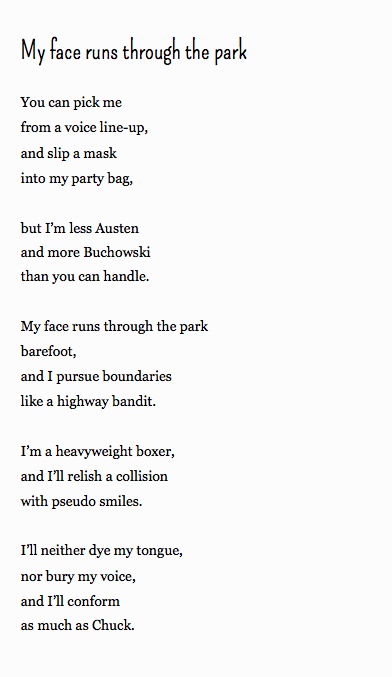
Can you spot the typo? Buchowski. Usually spelled Bukowski. Why you ask? Explain yourself. Here we go…
Let me start by saying that a person’s Name is the spine of his/her identity. Think about it. When you introduce yourself, the first evidence you put forth about your identity is your name. Even as toddlers, we are taught to point to our chests and repeat our names until that identity pathway in our brain has been chiselled out and paved over. Name is integral to individual identities. By that same token you could use the example of someone who enters the Witness Protection Program. What is the first thing they lose and modify? Their name, of course.
Which brings me to the major theme of Passage – the conflicting relationship between an Immigrant and his/her Identity. In many cases, an immigrant’s name is the first in a series of steps that proves to be a source of discomfort in their adopted environment. When an unusual or unfamiliar name is difficult to pronounce and spell – that is to say it is foreign to that culture – it, like the person, must undergo a process of scrutiny, deconstruction and, in some cases, moderation, before they are permitted to assimilate. Historically, the trend has been to reject it, at worse, or modify it, at best. The Jews are a classic example of this name modification. When a name was too troublesome to record, the authority reverted to profession – Baker, Carpenter, Blacksmith… Changing the Bukowski spelling is a statement about an immigrant’s identity. Who is to say that Bukowski’s Polish-German ancestors weren’t originally called Buchowski? Considering the Polish spelling of Bukowski is usually Buchowski, it is a possibility. That is not to say that they were, only to raise the question….What if?
My choice to use Bukowski and Austen are, on the surface, as contrasting sensibilities (Bluebird versus Sense and Sensibility, if you will), but if you dig a little deeper and read a little more broadly into the overarching themes of Immigration, Identity, and Belonging in Passage, you will see that there is much more going on. As an immigrant in 3 different countries, and as a rebellious Writer without a National identity, I relate to and respect Bukowski far more than I do Austen. Sacrilege in most writer-circles, but, as Bukowski might say, who gives a fuck?
My decision to deliberately misspell Bukowski’s name and juxtapose it alongside Austen, is not for nought. The literary establishment is elitist and hierarchical – there is a class structure if you will, much like the societal class structures in the Western World. Jane Austen is an English thoroughbred both in terms of her inherited privilege and her celebrated status within the Literary Establishment. She is the Jennifer Aniston of female novelists. Bukowski, in contrast, came from a family of working class immigrants and rebelled against the literary establishment.
In the five years that I have been a full-time writer in my adopted country, my theory of being a ‘displaced writer’ (which I will explain in a follow-up post) gains more weight every day. And every day, I relate more and more to the Bukowski’s of the world than the Austen’s.
I am comfortable with my decision to take the risk, so comfortable that I have just updated PASSAGE and kept the Buchowski typo intact. But I’d like to hear your thoughts on taking creative risks in Web 2.0? Tell me in the comments and start a conversation.


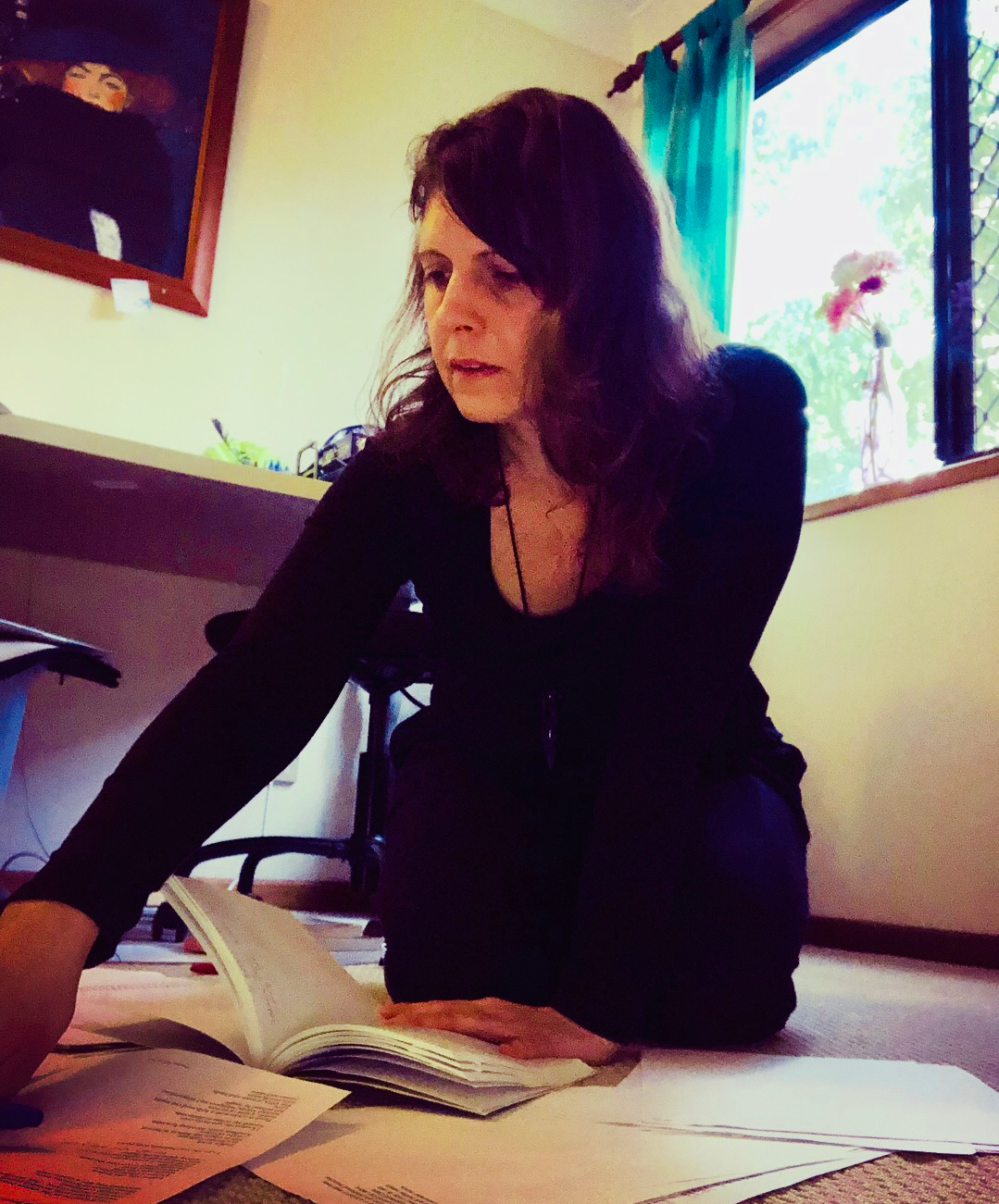

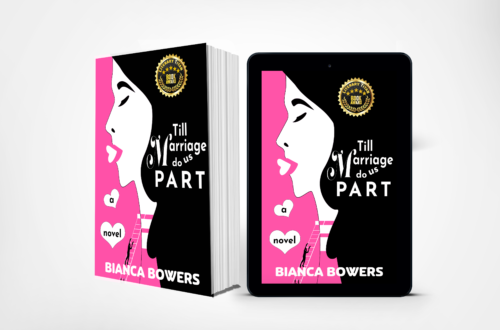
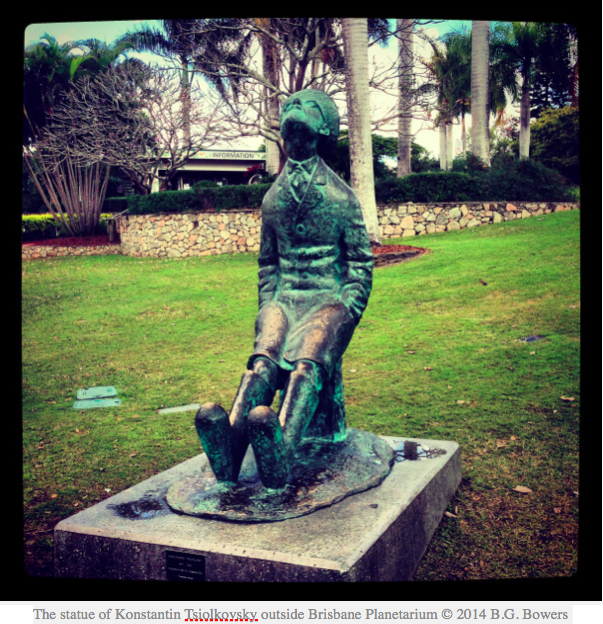
2 Comments
Russ Daum
Hi Bianca. I’m a bit lost on this as I’ve not read Passage. But I think taking risks is what this writing thing is supposed to be about, right? You are damn good with words.
Now, I need to figure out how to order Passage. : ))
biancabowers
Hi Russ, I’m delighted to see a comment from you. Thank you. All my books will be available to get from Monday, 26 November. I have sent you some details on Twitter. Take care xo